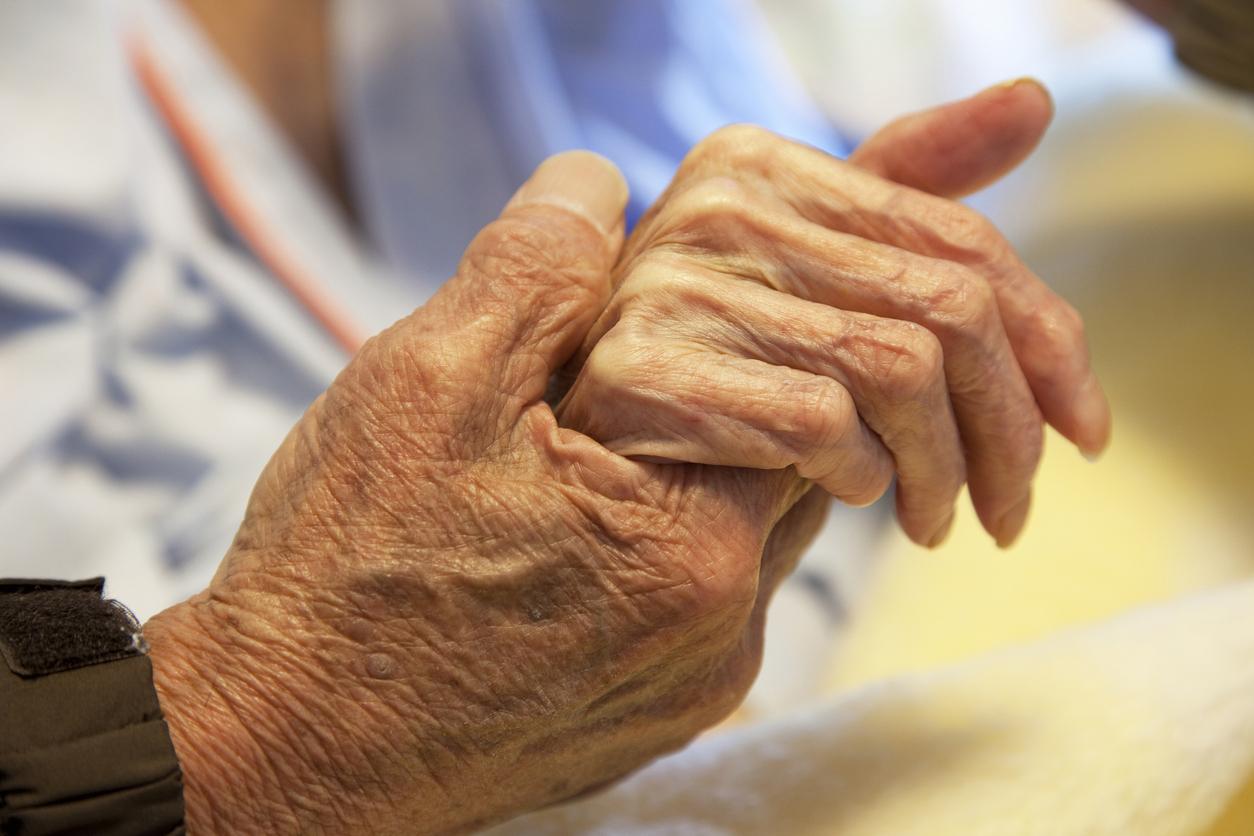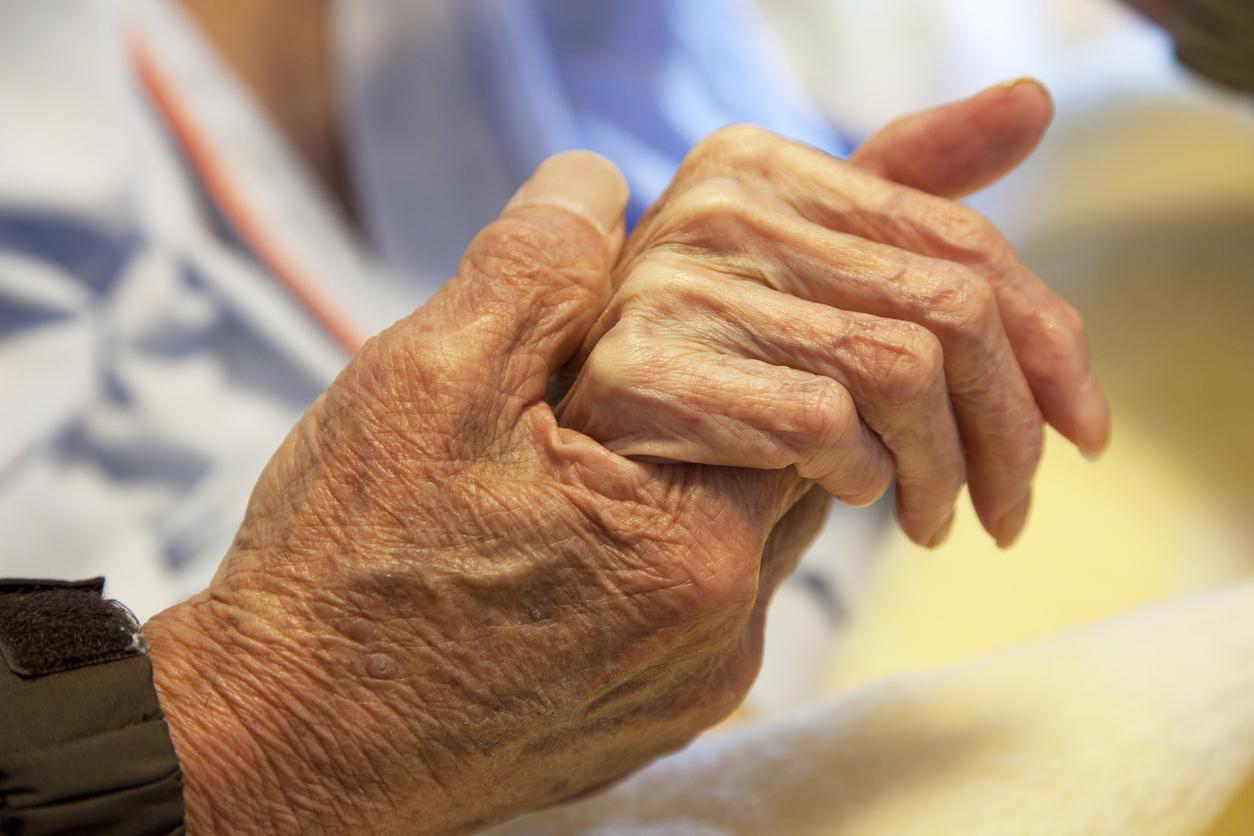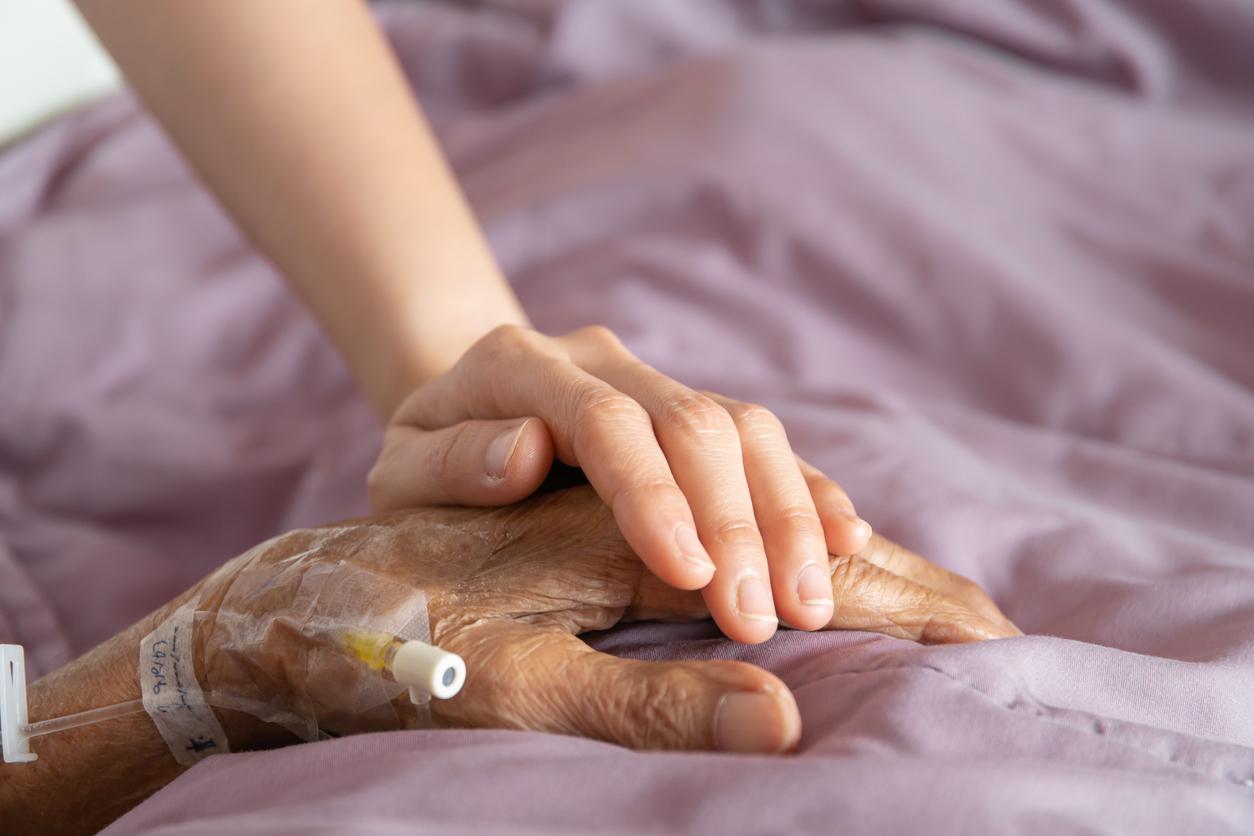François Lambert, a young lawyer and nephew of Vincent Lambert, released his book “Pour qu’il être le dernier” yesterday, almost six months to the day after the death of his uncle. He gives his point of view on a case that has become the symbol of the debate on the end of life in France, while Portugal is in the process of legalizing euthanasia and Germany has deemed the ban on “organized suicide” unconstitutional .

- The Lambert case remains emblematic of the end-of-life debate
- In Europe, Portugal is in the process of legalizing euthanasia
- Vincent Lambert’s nephew publishes book in favor of euthanasia law
Six months after the death of Vincent Lambert, in a state of minimal consciousness for eleven years after a road accident, François Lambert, his nephew four years his junior, publishes a book, To be the last. As the title indicates, François Lambert, who has become a lawyer to defend his uncle, wants a new law to legalize euthanasia, as Portugal is about to do. For Why Doctor, François Lambert gives his version of the case that bears his name.
Why did you write this book?
The objective is to decipher and analyze the Lambert affair. When the doctors backed down on stopping treatment in 2015, I thought the dice were loaded and I saw that a storytelling was being put in place. The case became political and everyone wanted to defend their little church. The doctors posed as victims when the only victim was Vincent. I started accumulating the pieces from there to tell this story, not knowing it was going to take the form of a book. I started writing two weeks after Vincent’s death. The book served as an outlet.
What vision of the case did you want to fight?
In the collective consciousness, the pro-life doctor is always right. There was an evangelization of the doctor, and even the Council of State decreed the impunity of the doctor while at the same time the Leonetti-Claeys law was voted. The Council of State protected the doctors who wish to continue Vincent’s treatments, giving reason to the pro-lifers. They used Vincent to break the law. The proof, when in 2014 there is a change of doctor (Doctor Daniela Simon replaced Doctor Eric Kariger, editor’s note), the Council of State asked the new doctor to take up all the elements to decide whether or not to continue the care while the former had chosen to stop. It is clear that everything rests on the word of the doctor alone. Another element that I wanted to restore and which went unnoticed, the decision of the Court of Cassation on June 28, 2019 which went against the Council of State by authorizing a new cessation of treatment. It had to be deciphered and that’s what I did in this book.
Why this title, “To be the last”?
I have the ambition that this book will be read, in particular by influential people. I wanted to give another look for people to see another case. The ultimate goal is to have a new law to prevent a situation like Vincent’s from happening again.
What do you blame for the Leonetti-Claeys law?
The latest version of the law is not much different from the initial version enacted in 2005. In both cases, the principle is that doctors are right no matter what. Everything rests on the decision of the doctor who becomes all-powerful and this benefits, de facto, the pro-lifers. If you don’t agree with the doctor, you are judged “emotionally” and unethical, so it’s up to him to make the decision without thinking about the patient or the relatives. As this law relates to a so-called sensitive subject, there is no right of defense. It should be integrated into a legal framework to make other voices heard.
Where are we today in the debate on the end of life?
The debate is artificial. In reality, there is no longer any debate. I hope to contribute to a legal debate on the issue of euthanasia. The pro-lifers don’t want to talk about Vincent anymore. For them, it is a past news story and we must turn the page. However, six years of the Lambert affair is not a simple news item.
Portugal has recently taken a step forward in legalizing euthanasia, is this the solution for you?
The common point between Portugal and France is the influence of the Church which is obviously opposed to euthanasia. However, the difference is that in Portugal the parliamentarians are young, less “old politicians” and more in real life, which explains their step forward towards legalization. We still have to see how the law will be applied, but it is progress. We must be careful not to leave omnipotence to the doctor, as is the case in France. The ideal would be to have an independent commission because there will always be a gray area. This is the case in Belgium, for example, but the problem is that it can only intervene after the decision of the doctor who can be sentenced to 10 years in prison if he has made the wrong decision.
Why did you decide to become a lawyer during the case?
Before, I made cinema, I wrote screenplays in my corner. When Vincent had his accident, but especially when the media took hold of the subject, I understood that it was going to become a legal matter. At that time, everyone was freaked out. Vincent’s parents, in favor of continued treatment, were all over the media and no one wanted to oppose them. I tried to make my voice heard but I knew nothing about the media. I ran after the journalists without knowing how to go about it. The debate was presented as a fight between doctors and parents, but there was another side to this story, except that I felt helpless and alone. I was very alone and I experienced that with a lot of violence. I couldn’t not help Vincent and doing nothing was like accepting his parents’ decision. At that time, I started studying law, in September 2013. I would like to have files on the question of the end of life, but not only.
.















